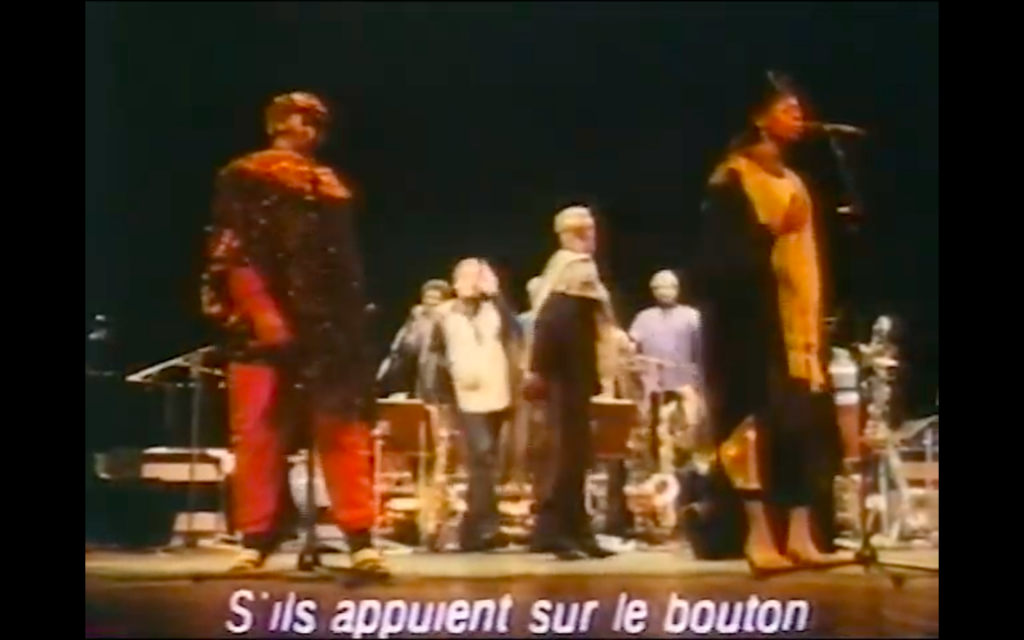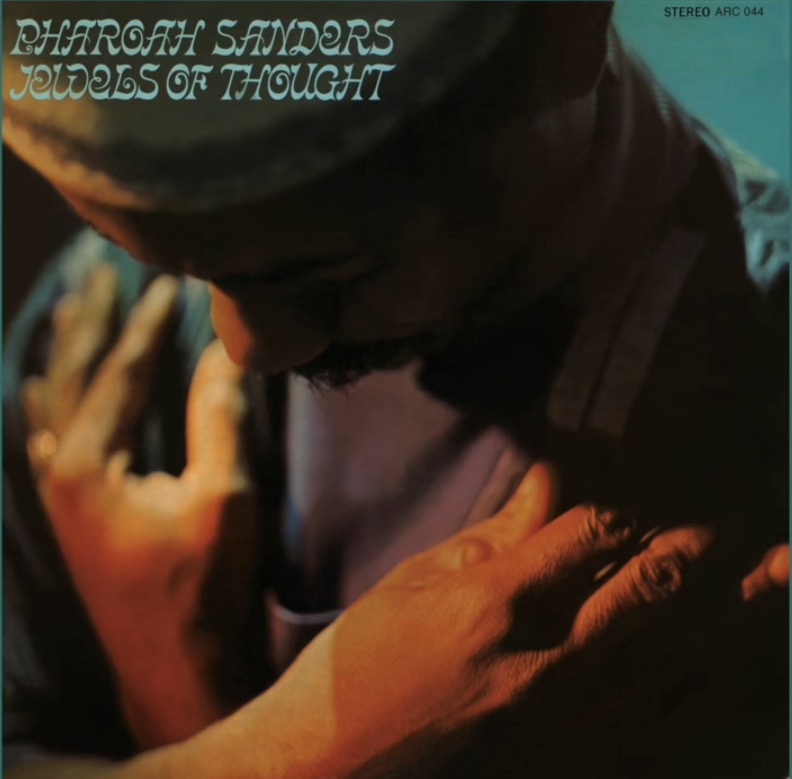Since 1947, the Bulletin of the Atomic Scientists has maintained the “Doomsday Clock.” That mythical clock shows how close humanity is to total destruction. Originally, the Clock only looked at the danger from nuclear armageddon, but in recent years has included threats from ecological catastrophe, bio-security, and other controllable threats to humanity.
The Clock was advanced from its previous setting of 100 seconds before midnight (i.e., to destruction), up to 90 seconds before midnight. According to Rachel Bronson, PhD, president and CEO, Bulletin of the Atomic Scientists: “90 seconds to midnight is the closest the Clock has ever been set to midnight.” The Bulletin’s press release attributes most of the increase in threat to humanity to Russia’s invasion of Ukraine and ongoing threats that Russia will use nuclear weapons.
Ten years ago, the Clock was set to 5 minutes (300 seconds) to midnight. When I first got active in the movement calling for reduction in nuclear stockpiles, back in the late 1970s, the Clock was set at 9 minutes to midnight, and we thought that was terrifying.
I still remember attending a Sun Ra concert in Philadelphia sometimes around 1983, when Sun Ra led his band in a snake dance through the audience while chanting, “It’s a motherfucker / Don’t you know / If they press that button / Your ass gonna go.” That chant was one of the things that helped me make sense of something you can’t really make sense out of. Nuclear war. It’s a motherfucker — and Sun Ra never used strong language, except in this piece, but that strong language is the only possible language for this topic — but there it is. Don’t get frantic about nuclear disaster, but don’t ignore it either. Confront it head on, in all its seriousness, with all the possibility of oblivion, while making music about it.
(For the record, the live version I remember hearing differs from the 1982 recorded version. Musically, the version I heard in Philadelphia is probably more like the live version recorded in Germany in 1984; though the words of the German recording differ from what I remember. There’s also the version recorded in Paris in 1983, which is quite different musically. No matter. If you’re looking to make sense out of nuclear armageddon, the effect of any of the recorded versions is the same: helping us make sense of the senseless.)


